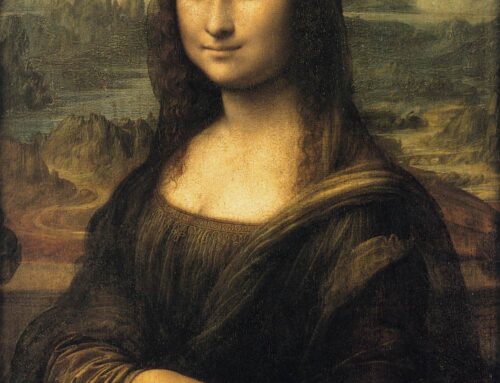Humanities, arts, and medical training: integrative approaches in medical school. From the article:
Wednesday’s tour wasn’t just a chance to take in some culture. It was an exercise in visual thinking strategies, a method that trains the viewer to be more observant, said the [Frost Art] Museum’s Chief of Education Miriam Machado. That skill will come in handy for these future physicians, who will rely on their own observations to make accurate diagnoses while assessing a patient’s rash or an X-ray image.
The museum tour is the latest example of a larger push to incorporate the arts and humanities into medical education at FIU’s Herbert Wertheim College of Medicine.
“Looking at a painting, the details, what it says to you, that is analogous to diagnosis,” said Dr. Gregory Schneider, associate professor at the college. “You pay attention to the details, you attend to the person in front of you and notice things that others don’t notice. Those become clues to interpret what’s in front of you – whether it’s a piece of art or someone’s condition.”
The medical school recently received a $5,000 grant from the Association of American Medical Colleges to promote the teaching of arts and humanities in medical schools. According to the AAMC, this integration can promote professionalism, empathy and altruism, enhance observational skills and decrease physician burnout.
In addition to the grant, the college recently awarded its first Humanities in Medicine Scholarship, aimed at exceptional students who show an appreciation for the arts….
In the Narrative Medicine course, Associate Professor Dr. Sarah Stumbar recently assigned “The Plague” by French philosopher Albert Camus and had her students draw parallels between the novel and the COVID-19 pandemic. In another exercise, Stumbar asks her students to write 55-word and 6-word stories to practice succinct communication. They also write an essay about a significant patient encounter and share it with their classmates.
“From the first day in clinical skills, students learn to ask a patient why they’re here and say, ‘Tell me more,'” she said. “We as physicians have access to stories that other people don’t have access to. Your responsibility is more than treating and prescribing.”
For other posts on medical / health humanities, see here.
h/t Rob Townsend (@rbthisted)









Leave A Comment